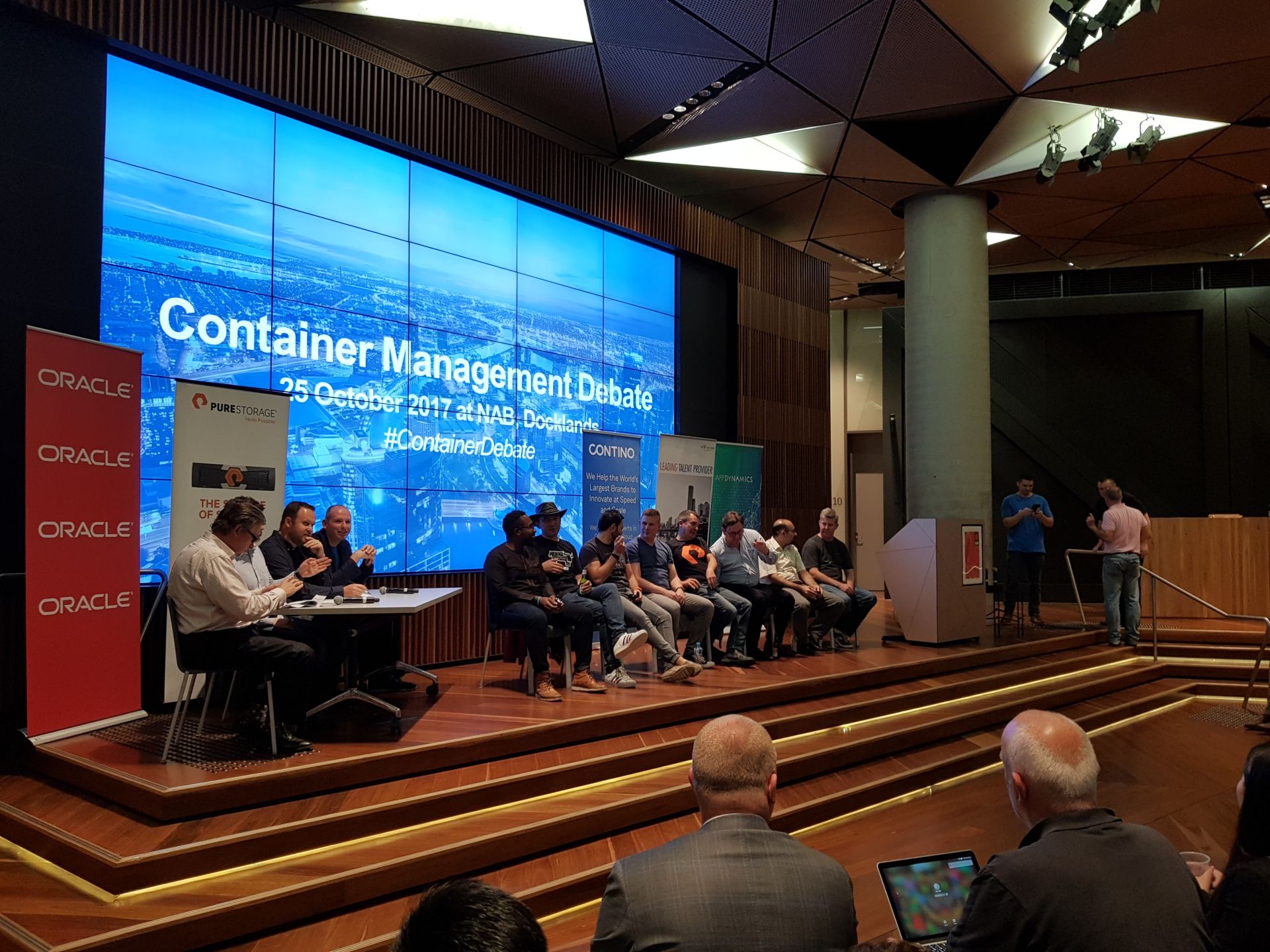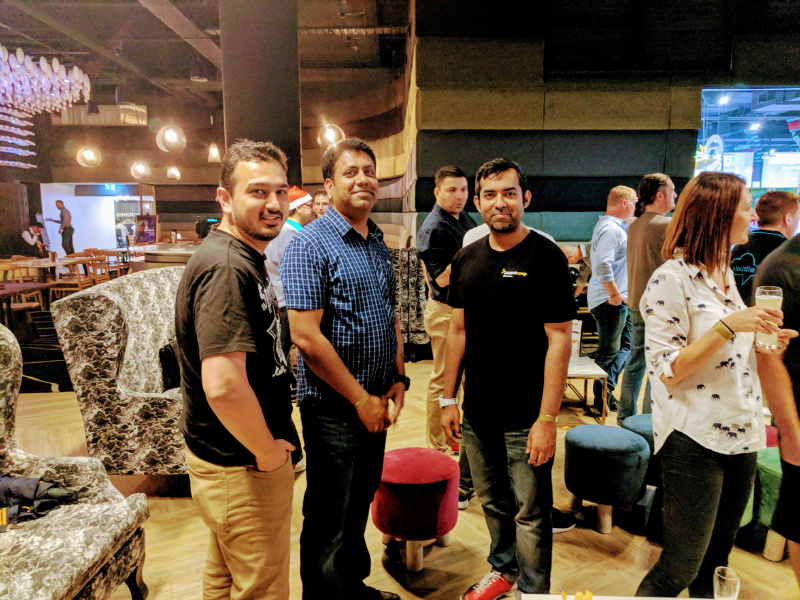Get all updates installed on a Windows system
Windows patching is so much more complicated than Linux (yum install -y :)
Here is a script to list all applied patches on a Windows ssystem:
$Session = New-Object -ComObject "Microsoft.Update.Session"
$Searcher = $Session.CreateUpdateSearcher()
$FormatEnumerationLimit=-1
$historyCount = $Searcher.GetTotalHistoryCount()
$Searcher.QueryHistory(0, $historyCount) | Select-Object Title, Description, Date, @{name="Operation"; expression={switch($_.operation)
{
1 {"Installation"}; 2 {"Uninstallation"}; 3 {"Other"}
}}} -ExpandProperty Title > C:/Temp/ListOfWindowsUpdates.txt
Probation review...
Feedback is of utmost importance, how will you know if yo uare i nthe right direction without feedback? My company gave me a questionnaire to gather the feedback:
- When you think back on your last few months at <Company_Name>, what went well, and what accomplishments are you proud of?
- In reflection, what went not so well for you?
- And now, with the wonderful benefit of hindsight what would you do differently next time? What could <Company_Name> have done to assist further?
- What support do you need from us this year?
- In the year ahead, what are your TOP 3 areas of focus and how do you believe these will make a difference to you and <Company_Name>?
- Your Training and Development Plan for 2017-2018?
What an Exciting time for Container Technology
Enjoyed the container debate a lot at NAB
Rancher / Swarm / Kubernetes
Kubernetes won!


My GIT Cheatsheet
Setup
$ git config --global user.email "shariqmus@gmail.com"
$ git config --global user.name "Shariq Mustaquim"
$ git config --list (To Check)
Using Commits
$ git clone https://shariq_mustaquim@bitbucket.org/vrrlmop/aws_infrastructure.git
local_folder_name
$ cd local_folder_name
$ touch abc.txt
$ nano abc.txt
[..Type Something..]
$ git status
$ git add <filename>
$ git rm --chached <filename>
$ git commit -m "First commit"
Pushing a commit
$ git remote (to check)
$ git branch (to check)
$ git diff --stat origin/master
$ git diff --stat <remote-name>/<branch/name>
$ git push origin master (put to server repo)
$ git pull origin master (get from server repo)
Merge/Conflicts
You will get error on push
Do a pull
Resolve merge
Push again
Branching/Merging
$ git branch <branch_name>
$ git checkout -b <branch_name> <- One Command
$ git branch <- my local branches
$ git branch -r (remote)
$ git checkout master <- switch branch
> To merge, checkout target branch
then 'git merge <dev_branch>
$ git branch -d <branch_name> (delete branch)
$ git push origin master <- push to server
New Project
git config --global user.email "shariqmus@<email_provider>.com"
git config --global user.name "Shariq Mustaquim"
git config --list (To Check)
cd c:/code/git
mkdir firstprj
cd firstprj
git init
git add README.md
vim index.html [...Add something in the file...]
git add .
git commit -m "first commit"
git remote add origin https://github.com/shariqmus/firstprj.git
git push -u origin master
Create a develop branch
git branch (to check)
git branch develop (to create branch)
git checkout develop (to checkout and switch to branch)
vim index.html [...Add new code...]
git add .
git commit -m "new updates" .
git push -u origin develop
Create a new repository on the command line
echo "# firstprj" >> README.md
git init
git add README.md
git commit -m "first commit"
git remote add origin https://github.com/shariqmus/firstprj.git
git push -u origin master
Push an existing repository from the command line
git remote add origin https://github.com/shariqmus/firstprj.git
git push -u origin master
Import code from another repository
You can initialize this repository with code from a Subversion, Mercurial, or TFS project.
To Discard your local changes and continue
$ git fetch --all
$ git reset --hard origin/master
$ git pul
Allow user to login with just password instead of SSH key
sudo su
vi /etc/ssh/sshd_config
[..update this line...]
"PasswordAuthentication yes"
/etc/init.d/sshd reload
Add user to sudoers (RHEL)
$ sudo su
# adduser iwadmin
# passwd <password>
# usermod -aG wheel iwadmin
# vi /etc/sudoers
[...add this line after root line:...]
iwadmin ALL=(ALL) ALL
@ Kloud Office
Kloud Office on Elizabeth St/Collins St


